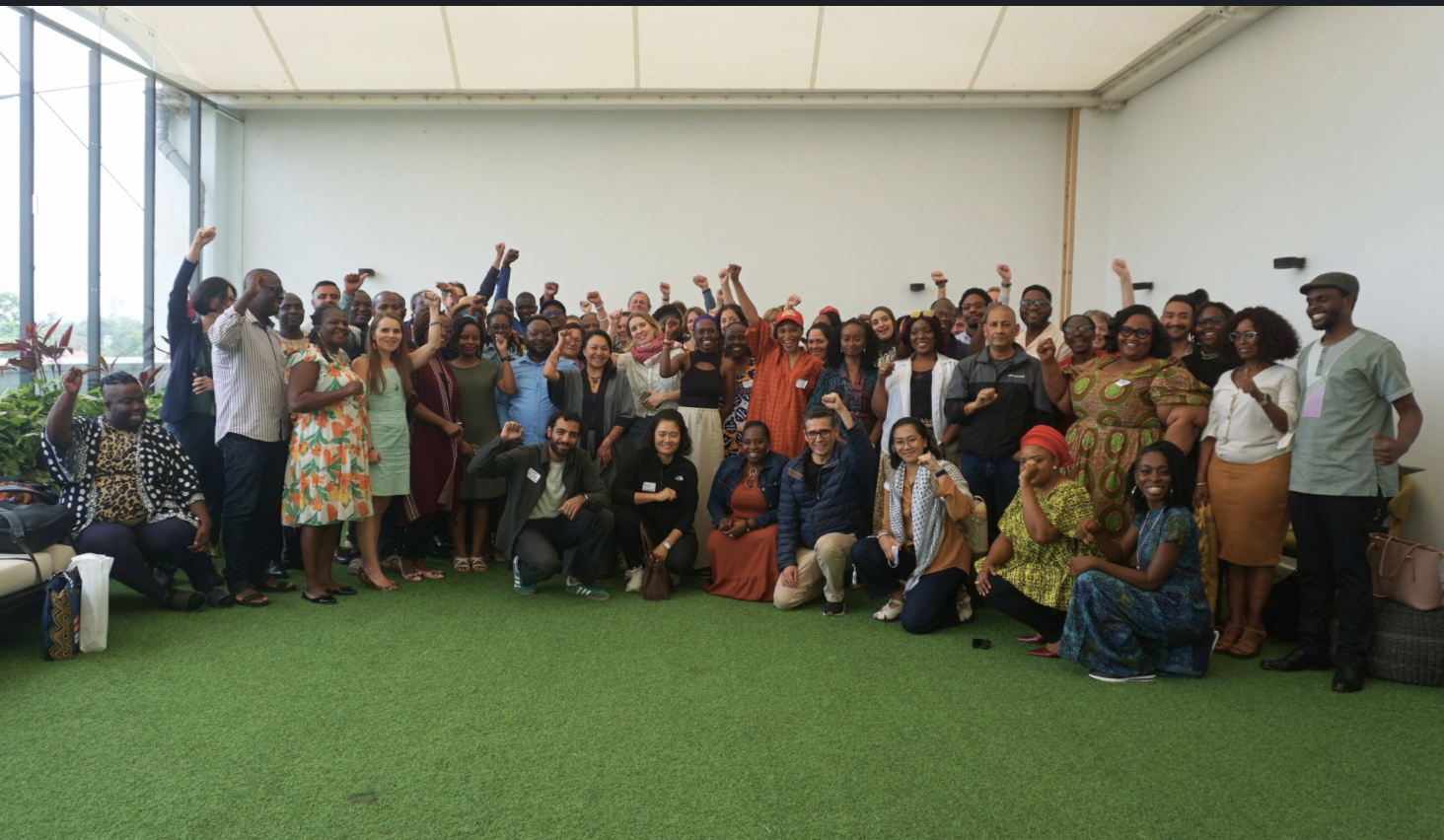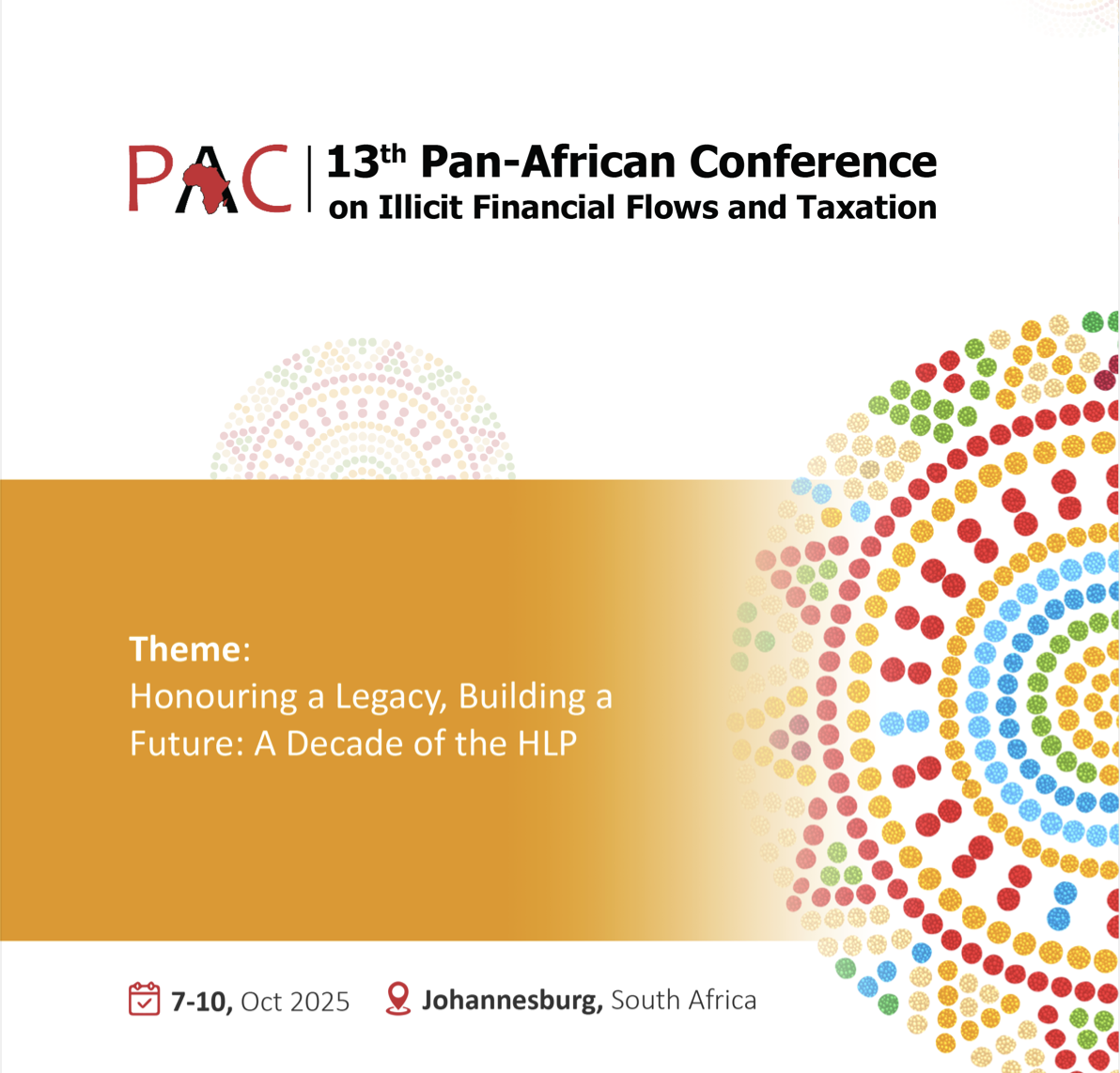
Statement: Concerns on the Summit for a New Global Financing Pact and its governance and policy implications
The Civil Society Financing for Development Mechanism expresses its deep concerns on the Summit for a New Global Financing Pact and its governance and policy implications. This so-called Summit is yet another initiative of powers in the Global North to strengthen their undemocratic governance and political hegemony by usurping roles and functions of legitimate intergovernmental institutions.
You can download the full statement in English/Spanish or read below:
EnglishDownloadEspañolDescargar
The Civil Society Financing for Development Mechanism expresses its deep concerns on the Summit for a New Global Financing Pact and its governance and policy implications.
This so-called Summit is yet another initiative of powers in the Global North to strengthen their undemocratic governance and political hegemony by usurping roles and functions of legitimate intergovernmental institutions. It is not the role of any single country to call for Global Summits that claim to shape a Global Pact in an opaque process without legitimacy and accountability to citizens. Decisions with a focus on systemic normative and institutional reforms are affecting all our countries, communities and social groups, and should be taken in a truly transparent and democratic process under the aegis of the United Nations. While we do not expect this initiative to go beyond a declaration of rehearsed pompous rhetoric, it could make use of power asymmetries within existing political economies to undermine democratic and legitimate intergovernmental processes in which governance and institutional reforms for economic, social, climate and gender justice could be adopted. And this initiative also reinforces the colonial and neo-colonial domination of countries like France, which still exercise political power and monetary control over countries in the Caribbean, West Africa and the Pacific.
This so-called Summit promotes the very same menu of policy propositions that have led to the multiple crises we are confronted with today. Under the grand narrative of filling an urgent financing gap, it proposes to further scale-up financialization, by re-branding the same private-first financing models which continue to put profit over people, privatize commons, de-risk investors and socialize costs, while exacerbating debt challenges with more lending. Unfortunately, the claimed financing gap for sustainable development is de-facto generated by the architecture of neoliberal globalization and its associated patterns of extractions and dependencies. Once again, the Global North offers the same solutions of private accumulation at the expense of a rights-based economy and planetary boundaries that have created the problem in the first place.
This so-called Summit claims to respond to climate challenges by loading the urgency of adjustment on developing countries and development finance, while deflecting attention from long overdue ecological reparations and the structural systemic changes required within the Global North. Under the same neoliberal model of debt and commodity dependencies that has caused the environmental and climate crisis, this initiative calls for market-based solutions, such as carbon markets and blended finance, among others. These schemes have not only proven to be ineffective and inadequate but have de-facto shifted attention away from the colonial roots of the problem and the historical responsibilities of the Global North.
Ultimately, this so-called Summit is a distraction from the urgent need for a profound reform of the international tax, debt and financial architecture under the aegis of the United Nations, such as establishing a multilateral legal framework that would comprehensively address unsustainable and illegitimate debt, including through extensive debt restructuring and cancellation, and agreeing on an intergovernmentally negotiated UN Tax Convention to comprehensively address tax havens, tax abuse by multinational corporations and other illicit financial flows, among others.
We therefore call on UN Member States not to allow decisions and recommendations of this undemocratic initiative to undermine ongoing and future deliberations for democratic economic and financial governance at the UN, and refrain from providing oxygen for any planned follow-up activities.
The Civil Society Financing for Development (FfD) Mechanism (including the Women’s Working on FfD) is a very broad platform of civil society organizations, networks and federations from around the world, that followed closely the Financing for Development since its origins, facilitated civil society’s contribution to the Third International Conference on Financing for Development, and continues to provide a facilitation mechanism for the collective expression of civil society in the FfD Follow-up and other relevant United Nations processes.
Related Updates


